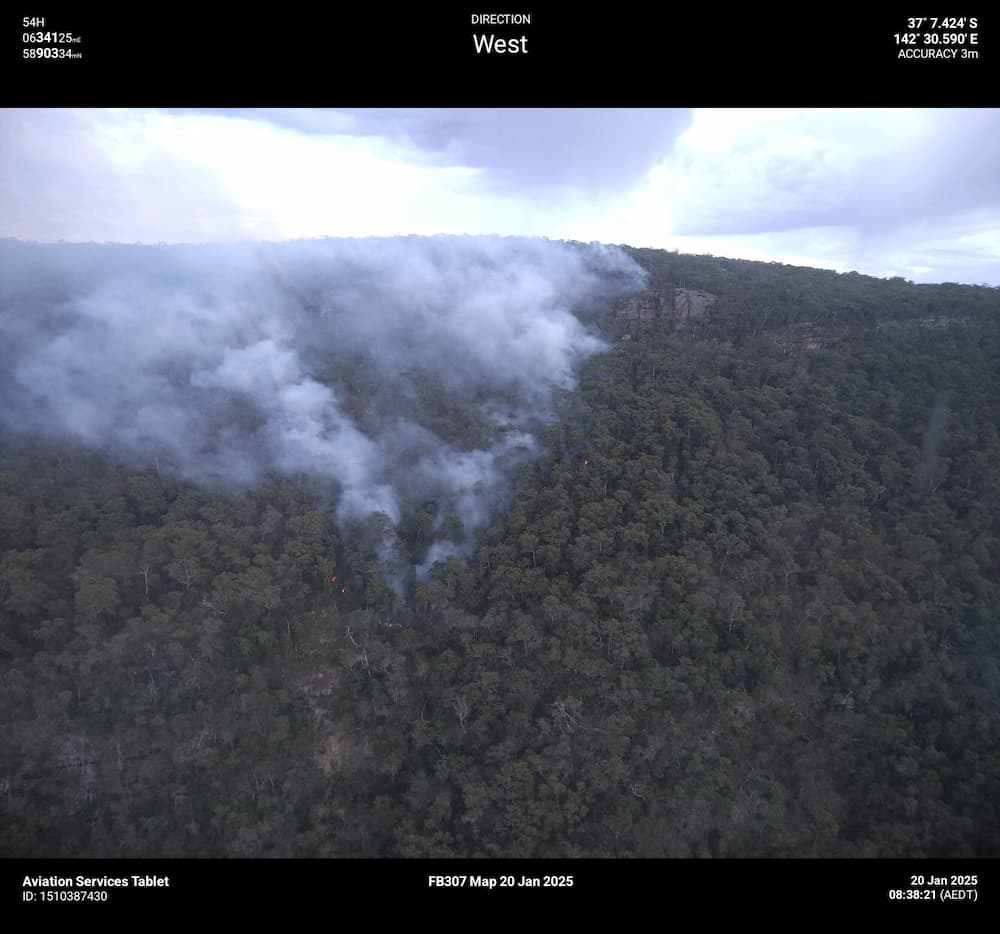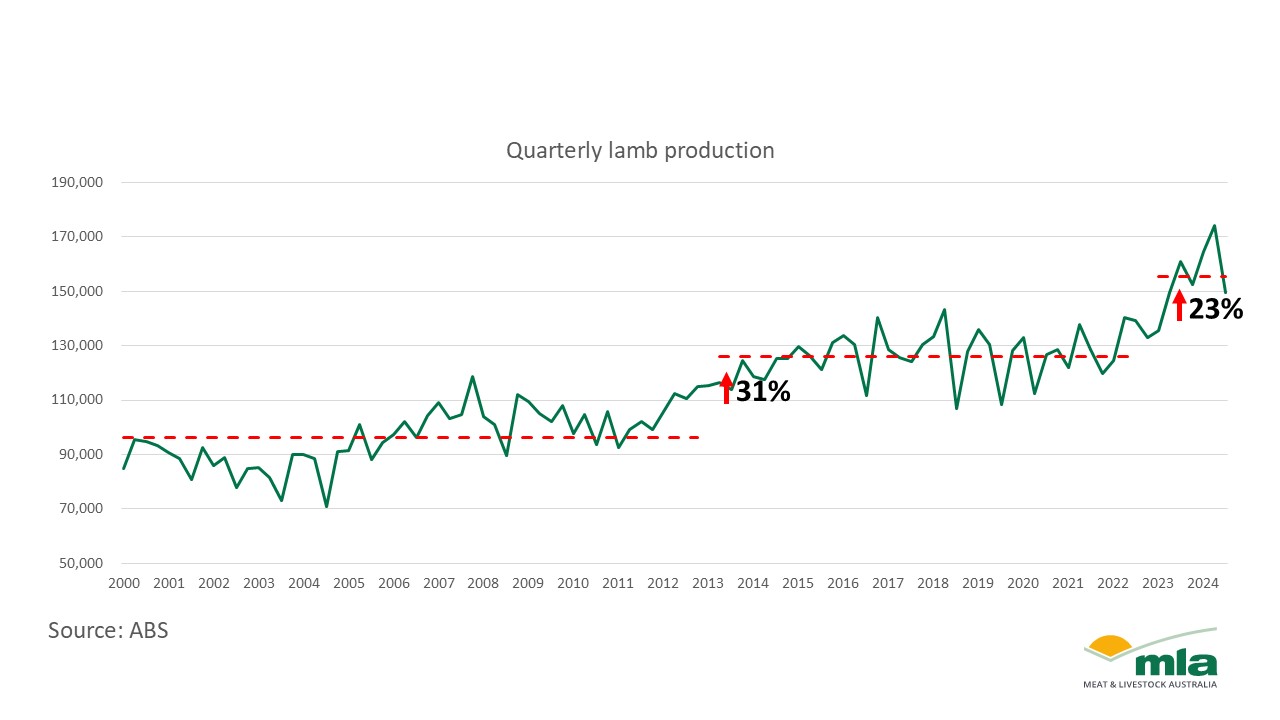The Malaysian Minister of Natural Resources, Environment, and Climate Change joined senior international finance and renewable energy executives at the Monash Blue Zone Pavilion at COP28, to address the urgent need for just energy transitions by focusing on renewable energy and innovative financial policy and solutions.
Monash University has been at the 2023 United Nations Climate Change Conference (COP28) in the exclusive Blue Zone, where key participants from various sectors, industries and governments have facilitated discussions, collaborations, and knowledge sharing.
The Malaysian Minister of Natural Resources, Environment and Climate Change, the CEO of Malaysian Stock Exchange, the Deputy Director General of IRENA, and the World Economic Forum’s Head of Energy, Material and Infrastructure Clean Power and Electrification, came together at COP28 to discuss the urgent need for just energy transitions by focusing on renewable energy and innovative financing solutions with Professor Adeline Johns-Putra of Monash University.
Current international financial and trade systems are poorly designed to channel resources towards global climate goals, and they are inaccessible to a large proportion of the world’s population. COP28 is an opportunity for leaders to take urgent action on climate mitigation and adaptation, and provides an opportunity to determine a roadmap for just energy transitions, supported by renewable energy and innovative financial policy settings.
Malaysian Minister of Natural Resources, Environment, and Climate Change, Hon. Minister Nik Nazmi Nik Ahmad, said Malaysia is committed to a just energy transition.
“Malaysia’s commitment to renewable energy shines through its strategic policies and initiatives, fostering a seamless shift while prioritising fairness for all stakeholders. With a focus on inclusive transition, Malaysia’s national strategies outline a dedication to promoting renewable energy, ensuring an equitable path forward for its people and the planet,” said Hon. Minister Ahmad.
Datuk Muhamad Umar Swift, CEO of the Kuala Lumpur Stock Exchange, said the role of the financial sector in supporting renewable energy projects is paramount.
“Now is the time to harness the transformative power of sustainable financing mechanisms like green bonds and impact investments. These instruments offer the crucial capital needed for advancing renewable energy infrastructure, paving the way toward a cleaner, more resilient future. Our stock exchange is steadfast in encouraging and monitoring ESG frameworks, ensuring that responsible and impactful investments flourish, driving sustainable progress while aligning financial objectives with environmental and social goals,” said Datuk Muhamad Umar Swift.
Deputy Director General (DDG) of the International Renewable Energy Agency, Ms. Gauri Singh, said, “Our focus is on the global landscape of renewable energy deployment, spotlighting challenges and innovative solutions. We’ll showcase technological strides, policy frameworks, and India’s successful policies, offering a pathway for renewable energy adoption in developing nations and guiding the implementation of similar mechanisms worldwide.”
Kristen Panerali, Head of Clean Power, Grids and Electrification at the World Economic Forum said “COP28 is an opportunity to course-correct after the Global Stocktake. Specifically, it is an opportunity for political and economic systems to keep step with the anxieties and concerns being voiced by people around the world.”
Professor Adeline Johns-Putra, Head of the School of Arts and Social Sciences, Monash University, Malaysia; Chair, Monash Climate Change Communication Research Hub (Malaysia Node) said “there is a palpable urgency to the way we talk about climate change and now is the time for governments, institutions and corporations of the world listen.”
The Just Energy Transitions, ESG and Mechanisms to Enable Financing of Transitions event took place on 4 December at the Monash Blue Zone Pavilion (Building 90, Blue Zone, COP28, Dubai). The Monash Pavilion is a platform for knowledge sharing, identifying challenges, and developing strategies to ensure a just energy transition.







